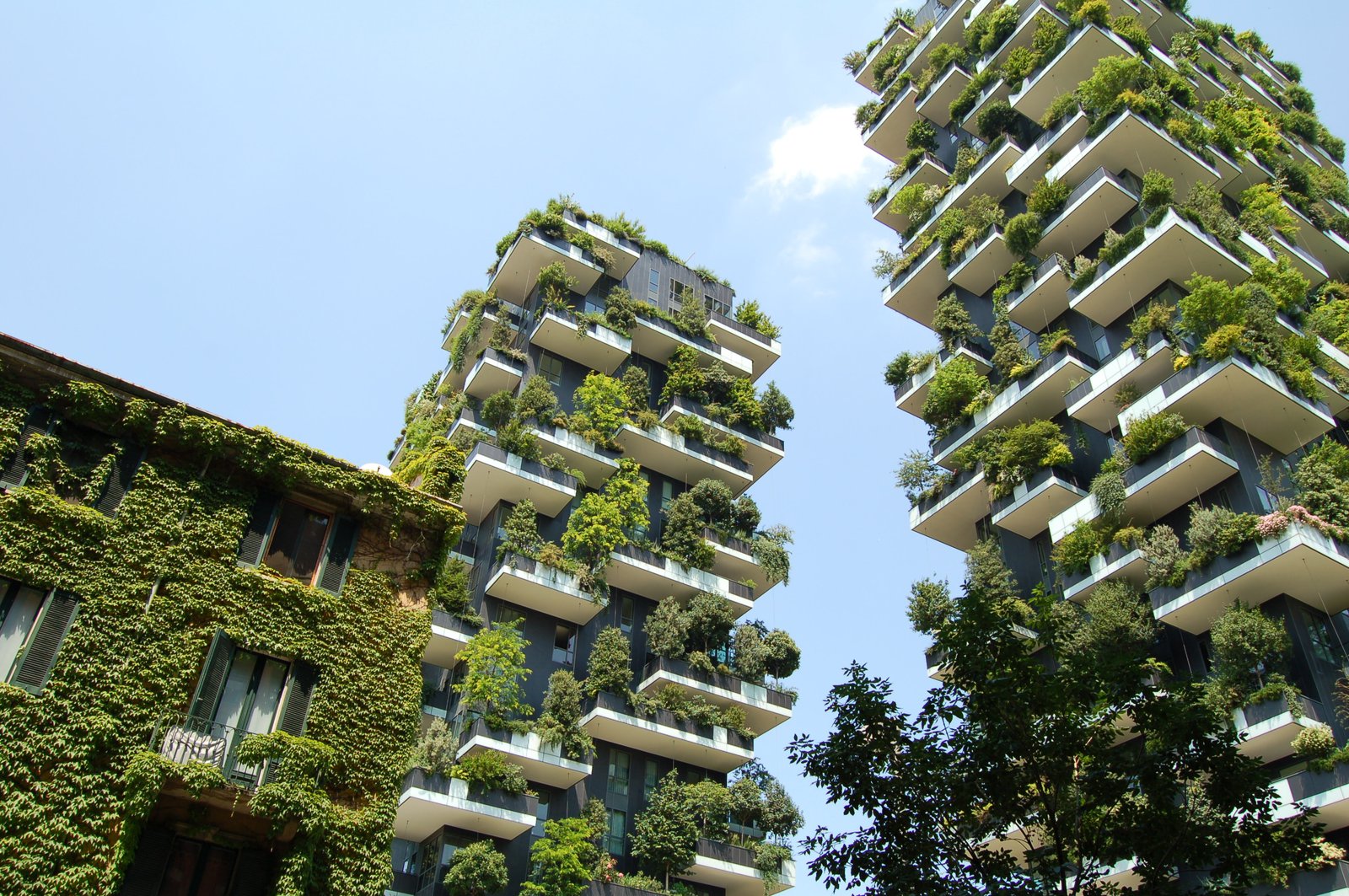
In 2019, sustainable living is more than just a talking point. Whilst many consumers are making the steps towards a more sustainable way of life, cutting down use of plastic and single-use items and making greener decisions in shopping and consumption habits, action on climate change is still notably missing from public debate. A report from the government’s independent advisor earlier this year warned that UK homes are not fit for the future in terms of sustainable quality and design, whilst research from the London Regional Centre for Expertise in education and sustainability has highlighted its absence from the priorities of local authorities and developers.
We’re taking a closer look at the role of sustainable living in today’s residential market to identify what’s needed to take action.
What’s holding developers back?
Concerns over funding
Perhaps the biggest concern for developers weighing up the need for more sustainable measures within plans, along with the risk factor, is of course funding, costs and a reduced return. However, as we’ve highlighted in previous articles, house builders and local authorities must recognise that a greater variety of housing stock is needed to satisfy UK demand. Within this mindset comes greater opportunity for investors and developers to provide innovative new homes that complement a growing shift towards sustainability and conscious consumerism.
Professional skills gap in the built environment industry
A report published earlier this year by the Committee on Climate Change calls for action across a range of areas within housing development to ensure homes are built to higher environmental standard, but points to a wide skills gap across built environment professions. At present, the majority of housing professionals lack the knowledge or experience around sustainability in the future of housing delivery, which means perceptions of what this means and what is needed will vary – many housing professionals, for example, might consider the socioeconomic benefits as ‘sustainable’ ways of living, as opposed to focusing on more conscious and strategic use of materials and land. This, on top of an existing knowledge gap to be able to deliver the government’s target of 300,000 homes a year and supporting infrastructure at the rate required, is driving apprehension for developers to adopt greener approaches.
Lack of government enforcement
After an ambitious goal set out by the government in 2006 to make new-build homes zero carbon by 2016, that was subsequently scrapped nine years later, there is little pressure on housebuilders to adopt sustainable methods of construction.
Moreover, despite proposals in late 2018 for developers to deliver a biodiversity net gain within plans for new housing or commercial development, progress on this has been slow. The previous Chancellor confirmed this spring that the government’s upcoming Environmental Bill will mandate biodiversity net gain, but the current Draft Environment Bill policy paper does little to expand on when or how. Additionally, the Draft is noticeably vague around what upcoming policies will mean for those in planning, construction and development.
Who’s leading the way?
Notwithstanding a lack of government enforcement, there are organisations taking sustainability seriously to create communities centred around tackling social issues and rethinking the way we live, such as housing association and care provider, Joseph Rowntree Housing Trust, who built the environmentally sustainable community of Derwenthorpe in York. Research conducted by the University of York with residents of the community found that built-in sustainable measures are the more successful way of ensuring scalable, sustainable developments – essentially focusing on high-quality, well-designed properties with features such as low-energy fittings and community water or heating systems to reduce energy consumption.
The leading Viability and Planning event will return on Thursday 26th September for its 12th year. Join us as we discuss modern professional approaches to planning and housing delivery, future housing initiatives and the role of technology within planning and viability processes.